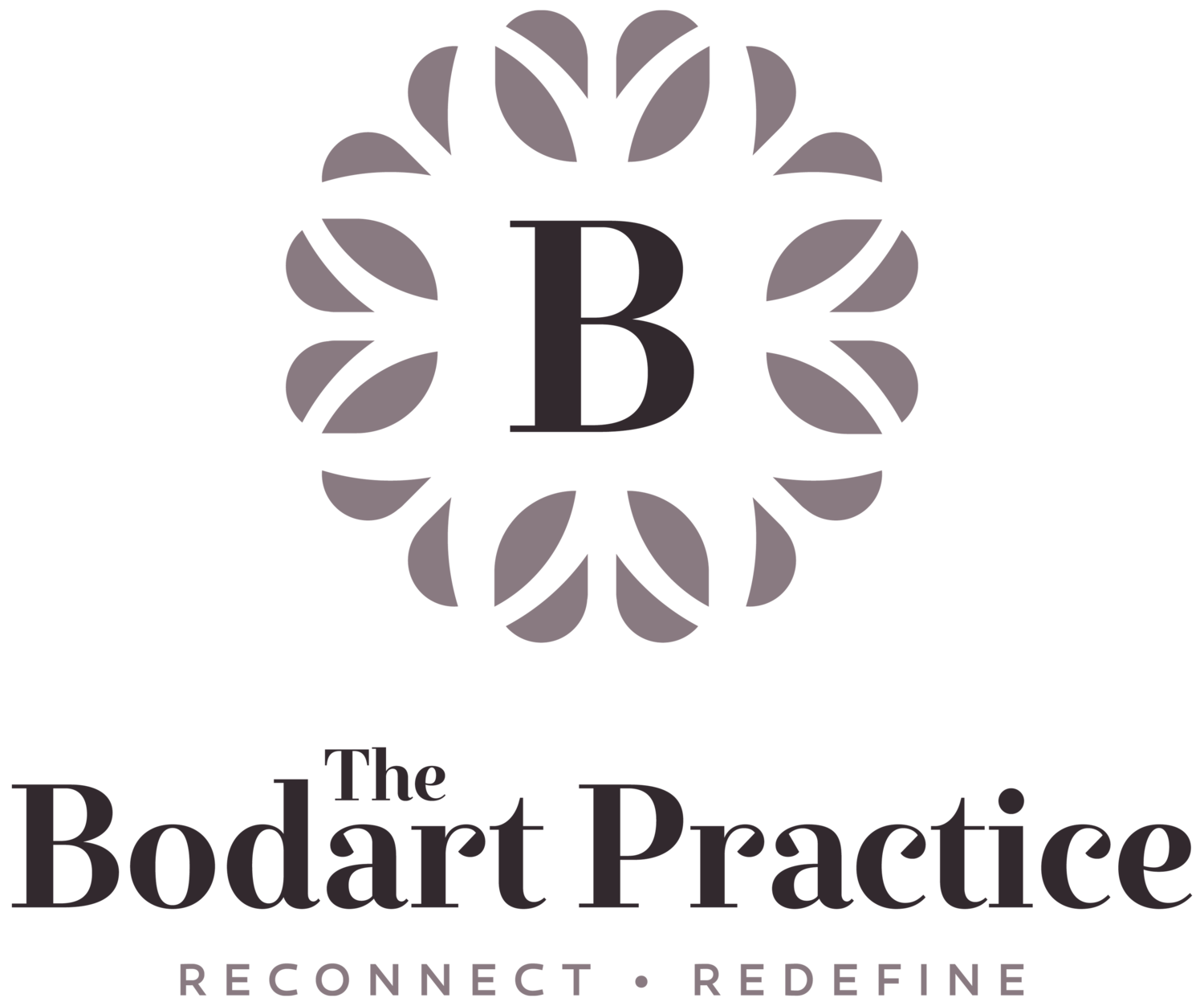As the year is drawing to a close it is often a time that we start to reflect and begin to think about what lies ahead. If it’s been a challenging year, you may feel the understandable urge to only look ahead, slamming the door firmly behind you (if only it were that simple). There may also be a sense that looking back over the year may bring difficult emotions like sadness, regret or disappointment. Unpredictable life events aside, it’s worth considering whether high and unmet expectations had any role to play and whether you can approach next year differently. You may find it helpful to read our previous blog about how to set values based intentions for the year ahead for a win-win.
Why journaling benefits mental health
There are good reasons to take some time to journal on your year, or to start a journaling practice more regularly. There are many researched benefits of writing as a healing and wellbeing practice (see books by DeSalvo, 1999, or Pennebaker and Smyth, 2016), such as reducing the physiological effects of stress on the body, improving mood, and enabling processing of difficult events. Writing can bring clarity, focus and new perspectives. There is something greatly freeing when we can turn towards our experiences and emotions and make space for them.
journaling to Take in the good
There are many ways we can reflect on the year, so why should we focus on the good parts? Krista Tippet at the On Being project says it well:
‘We are more familiar with the story of catastrophe and dysfunction, and that is real, but it’s not the whole story of us. There is also an ordinary and abundant reality of things that are going right at any given time; of learning and growth that is happening, of evolution and breakthrough.’
As humans we are biased to negative information. It draws more of our attention and as a consequence it is more likely to be learned, remembered and recalled compared to positive events and information of equal magnitude. While this helped us from an evolutionary perspective (to stay safe and avoid danger), it makes it harder to have a balanced view and is even more important given that it informs our decision making (if you want to delve into the research, Lazarus, 2021 is a good place to start). With that in mind, it makes sense to practice paying attention to the good so it has a better chance of informing our learning and growth. This could be moments of joy or connection, relationships that have blossomed, obstacles overcome, or new insights gained.
Here are a selection of journal prompts that can help you to turn towards the good of your year:
What have you gained this year internally? A different perspective on important areas of your life or relationships, greater self-acceptance, inner practices to manage big emotions, or deeper self-awareness?
What have you gained externally? Perhaps new supportive relationships, a better living situation, or a job more aligned with your values?
What have you overcome, no matter how small?
What qualities have you come to know and value about yourself?
What unexpected moments of good have you experienced?
What are you grateful for?
Who has enriched your life or inspired you?
What difficult decisions or actions have you needed to take in order to make space for more goodness in your life?
From knowing to feeling
As you journal, you may notice sensations and feelings in the body connected with memories and images. When you can feel the good, it moves beyond just knowing. You may find it helpful to take your time with each answer; sitting with the fullness of each recollection or realisation. Notice how it feels and where you feel it. Play around with inviting the feeling to grow and flow around your body. Invite yourself to feel a sense of pride for how far you have come.
New year, same you
The starting of a new year is also a time that we can feel immense pressure to change things, adapt parts of ourselves, or generate resolutions. How many of us have resolved to increase our exercise, or change our drinking and diet habits? We hit the new year hard, tackling everything with our full focus, but then as the busyness of life creeps back in, things begin to slip, and we may even get to the point of giving up. With that can come feelings of failure and self-criticism. Who is putting this pressure on us to change things? Who decided it had to be ‘new year, new you’? What if we changed the narrative to ‘new year, same you’?
Starting the year connected to your values is one way to set a direction rather than goals that lead to win/ lose. A mindfulness practice is another way to actively notice the good as it brings us in closer connection with the present moment. It helps us to observe our inner world with greater acceptance and ability to respond with flexibility and compassion. If you would like to join our next eight-week mindfulness course then head over to our classes page for more info. Just for fun, I like this list of 100 word of the year ideas by artist and writer Morgan Harper Nichols. Which would you choose?
Written by Dr Natalie Bodart & Dr Hannah Green at The Bodart Practice

